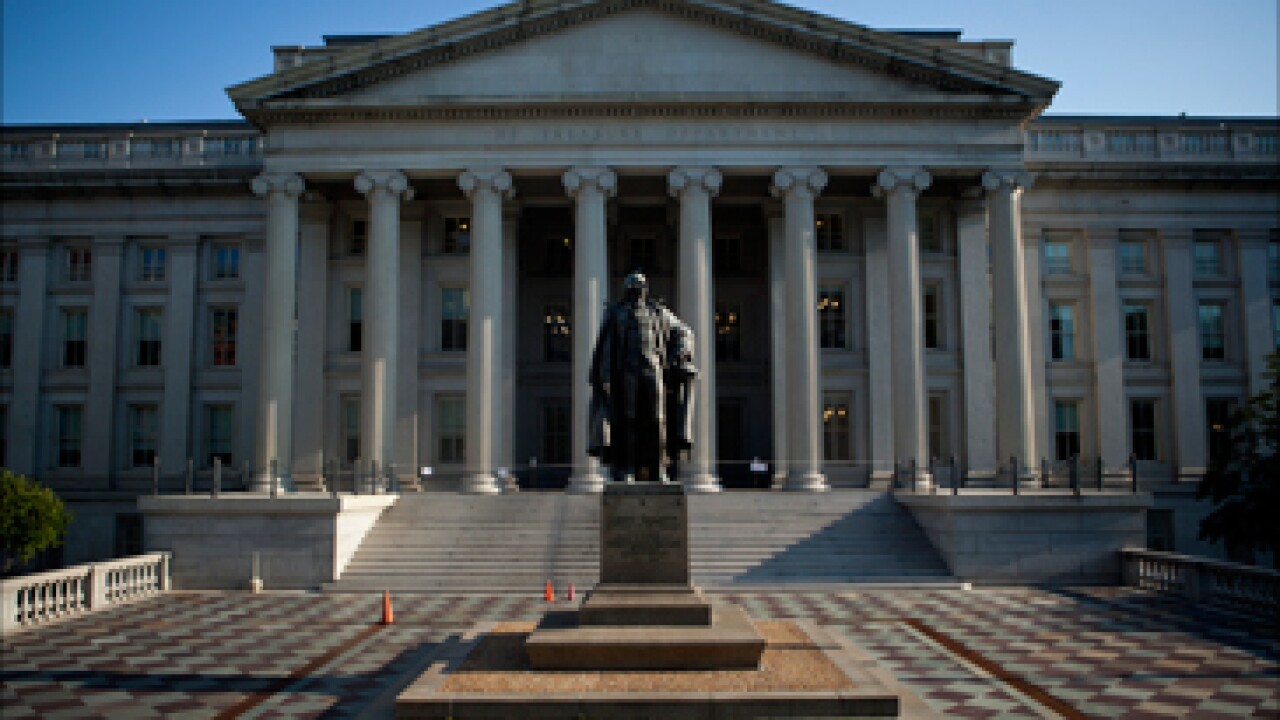
Citigroup, the world's second-largest credit card issuer, is reaping the gains as customers borrow more — even as a growing number struggle to make payments.
Higher interest rates and larger card balances set the stage for an 11% jump in revenue from U.S. personal banking in the second quarter, the New York-based lender said Friday. That blunted the impact of a 78% surge in write-offs tied to consumer loans.
Overall, Citigroup earned $1.33 per share, topping the average estimate of analysts by 2 cents.
Interest income and fees from handling corporations' cash were bright spots amid a widely anticipated slump in Wall Street business lines that forced the firm to trim its workforce. The bank's expenses jumped 9% to $13.6 billion in the quarter, boosted by what executives had predicted would be hundreds of millions of dollars in severance costs for eliminating about
"Amid a challenging macroeconomic backdrop, we continued to see the benefits of our diversified business model," Chief Executive Officer Jane Fraser said in a statement. Though trading clients stayed on the sidelines, "our cards businesses had double-digit growth due to strong engagement."
The company's treasury and trade solutions division, which Fraser has touted as Citigroup's "crown jewel," saw revenue jump 15% to $3.5 billion. Securities services, which offers custody and collateral management, also boosted revenue 15%.
Total revenue slipped 1% to $19.4 billion, in line with the $19.3 billion average estimate from analysts. That, combined with the heightened expenses and credit costs, contributed to a 36% slump in net income to $2.9 billion.
The company's return on tangible common equity — a key measure of profitability — slid to just 6.4%. That compared with a ratio of 25% at rival
Still, Fraser reiterated her bank's medium-term return targets. The bank has said it's aiming for about 11% to 12%.
Balances on Citi's U.S. credit cards swelled to $149 billion from a year earlier. Firmwide credit costs soared 43% to $1.8 billion, fueled by the write-offs as some cardholders fell behind, the bank said. The firm added $161 million in reserves, citing that business's growth.
Traders fared better than the bank's own leadership had predicted at investor conferences just weeks ago, a feat that analysts had anticipated. Revenue from those operations slipped 13% in the quarter, close to their average estimate for a 15% decline. That included a 13% drop in revenue from fixed income, currencies and commodities at $3.5 billion.
Citigroup, like rivals, muddled through a slump in investment banking in the quarter. Its haul from those operations shrank 24% to $612 million.
—With assistance from Peter Eichenbaum






